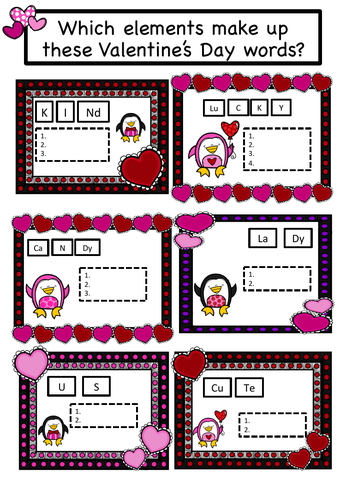Science House
I am a High School and Sixth Form Chemistry teacher teaching Science to GCSE and Chemistry to A Level. My GCSE resources generally follow the new AQA (9-1) specification, differentiated for foundation and higher students at trilogy and separate science levels. My Key Stage 3 resources are suited to mixed ability groups and are designed to be dyslexia friendly with bold coloured text boxes and bright diagrams. Please give me your opinion and review downloaded resources!





















